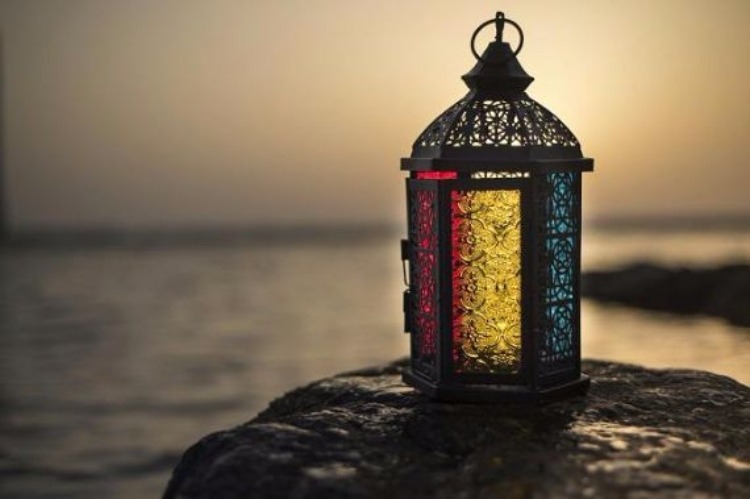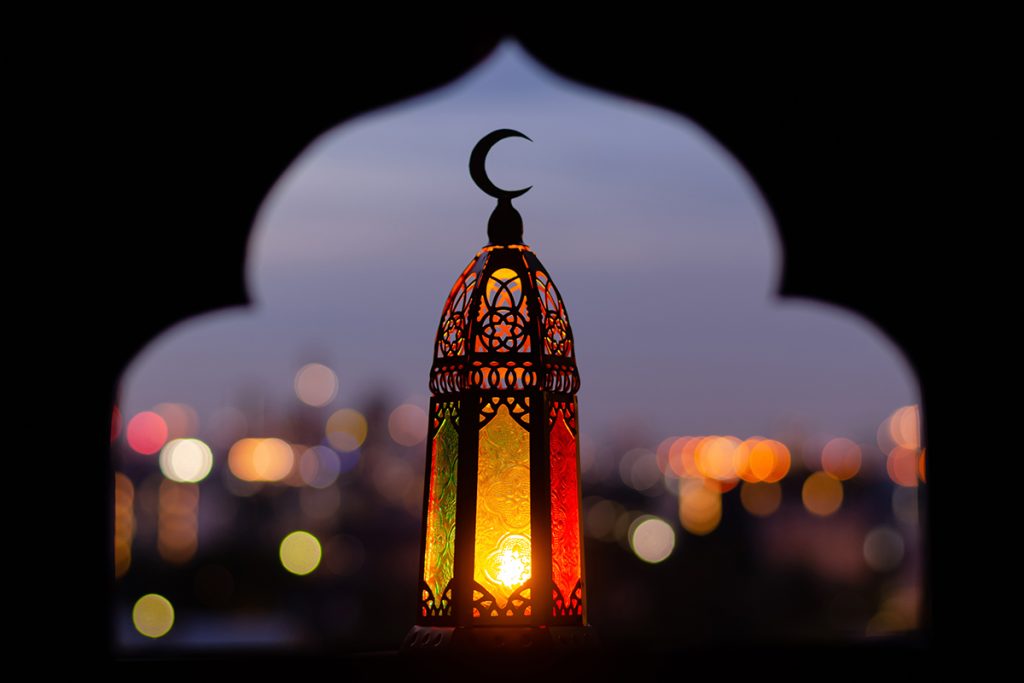Ramadan, the holy month of the year, has several meanings for all of us. From the decorations to the family reunions and the food, these are the things that make us instinctively appreciate Ramadan. Among these things are lanterns or “Fawanis” which serve as a constant reminder that Ramadan is approaching.
Since no one talks that much about its origins or history, we decided to trace back its origins.
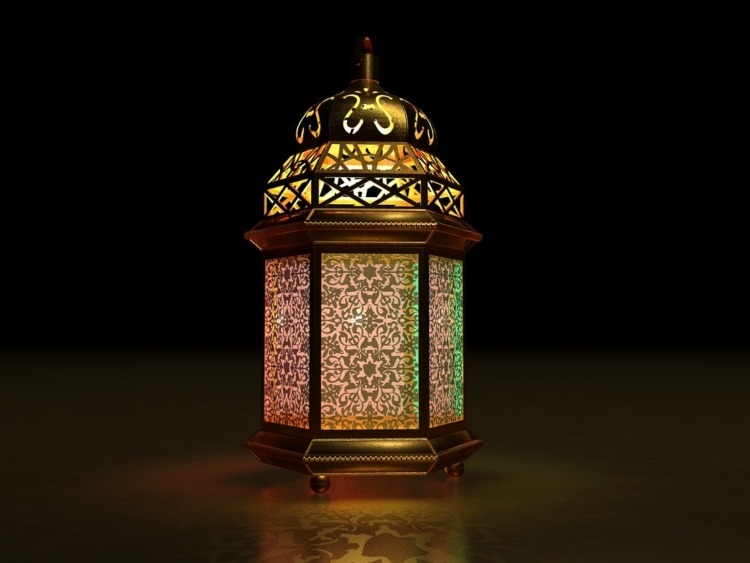
The origins of Ramadan lanterns date back to the Fatimid dynasty when Caliphate Al-Muʿizz li-Dīn Allah arrived on the first day of Ramadan. He was then greeted by the people and children of Egypt while holding lanterns. Other sources claim that the idea of the “Fawanis” in Ramadan originated when young Egyptian children used to carry their lanterns to illuminate the streets for the Caliph as he walked around the city.
Furthermore, there were even stories about how Fatimid monarchs once enacted legislation that mandated store owners to clean the streets in front of their establishments and to keep a lantern on their doors all night.
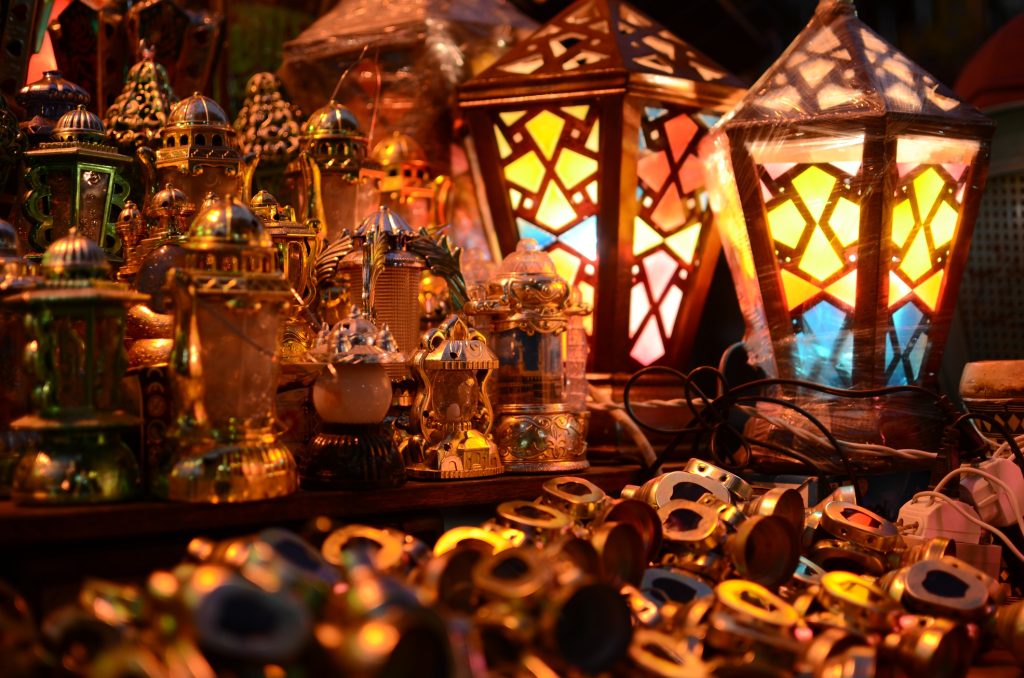
Another story suggests that the Caliph al-Hakim (996-1021) once issued an order prohibiting women from leaving their homes at night unless they were accompanied by a boy holding a lantern. He also ordered lights to be hung at neighborhood entrances, with anyone who failed to do so facing penalties. This, later on, resulted in a boom in the lantern industry, as well as the introduction of many different designs and sizes.
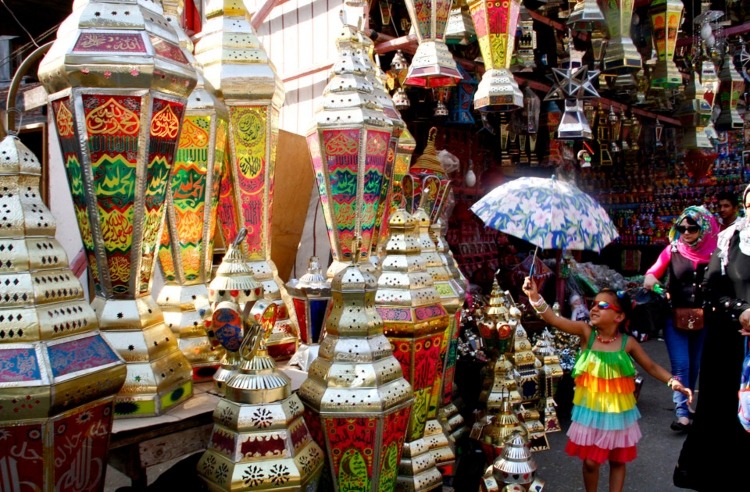
As for types, there are several shapes and sizes for the Ramadan lanterns. There is the ‘Fanous morabba’ (four-sided lantern), ‘mosaddas’ (six-sided lantern), ‘abu negma’ (star-shaped lantern), ‘shakket el-battikh’ (crescent-shaped lantern). The biggest one of them is called ‘abu welad’, which is an oversized lantern incorporating four smaller lanterns, one at each corner. It’s too big for a toy and is usually used to decorate shops and malls.
Although Ramadan lanterns have a variety of origin stories throughout history, we still value them due to the important part they serve in the celebration of Ramadan. We even use them as gifts for our loved ones to celebrate Ramadan with them.


